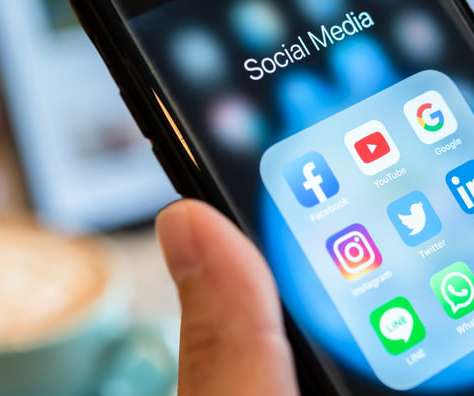How Not To Get Cancelled: A PR View
ImPRessions - Crenshaw Communications
AUGUST 4, 2022
.” When it comes to brand cancel culture, there’s often a constructive goal – to correct mistakes or encourage change. That’s empowering to regular consumers. Yes, social media pushback can be constructive, yet it often spins out of control. Be thoughtful about sensitive issues. Build social allies.












Let's personalize your content